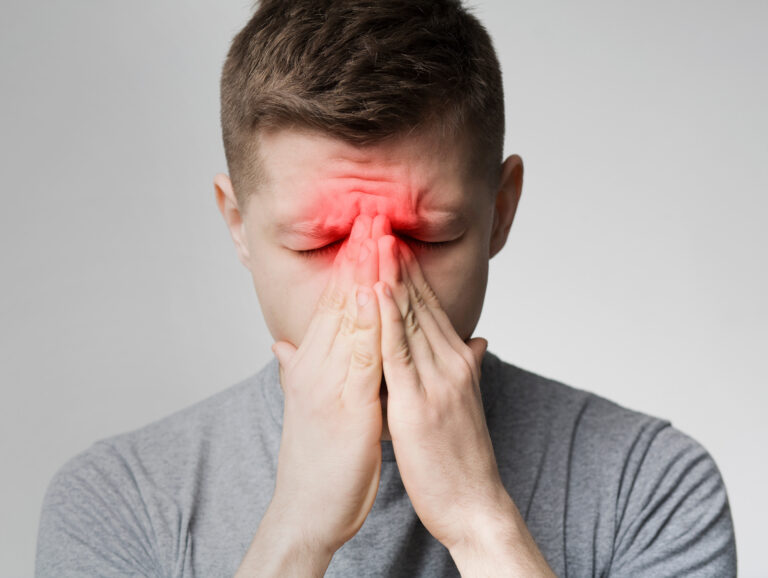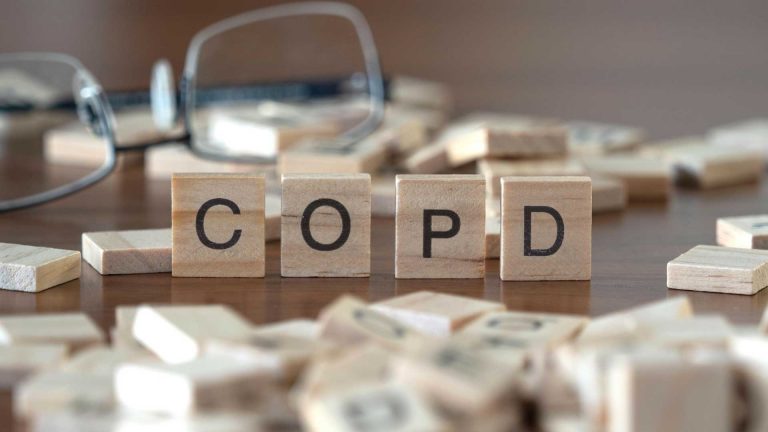Anxiety Symptoms, Triggers, and Coping
Studies show that the number of Americans reporting symptoms of anxiety and depression have tripled during the coronavirus pandemic. This comes as no surprise, given the amount of bad news we received just within the first week of the new year! Finding peace of mind during chaotic times is hard, but necessary. It is important to monitor your mental health by familiarizing yourself with the symptoms and triggers of anxiety.
Symptoms
The causes of anxiety disorders are complicated. It can be due to environmental stressors, genetics, medical factors, or brain chemistry. Identifying what causes your anxiety can help you manage it better. During this time of year, you should ask yourself: Is what I am feeling the seasonal blues, anxiety, or depression? Here’s the tricky part, they can all co-exist. Meaning, you may experience one or all of these, here’s how you can tell the difference:
- Seasonal Blues: Mood dips, feeling heavy & tired, your mood improves with activity.
- Generalized Anxiety: Difficulty sleeping, feeling fear and uncertainty, feeling of being “on-edge,” increased irritability, unable to concentrate.
- Depression: Changes in mood, appetite, or energy, lack of concentration or memory recall; feeling guilty or unmotivated.
Anxiety disorders include several diagnoses and it usually co-exists with depression. If the above does not necessarily apply to you, you might be experiencing a different type of anxiety. Find out which anxiety disorder best describes how you’re feeling.
Triggers
Anxiety triggers can be different for each individual. However, it is clear that stress, conflict, dramatic experiences, and negative thinking play a role in most. In order to identify your specific triggers, you must first be honest with yourself about what you are feeling. Be patient with yourself and open to revisiting events in your past that may still affect you today. Work with a therapist if you need professional help to dig deep. Start a journal and record the events that lead to your mood.
Coping
Now that you have identified your symptoms and triggers, here are some ways to cope with what you’re experiencing:
- Question your thought pattern – Negative thoughts are very often the root of the problem. Ask yourself if these negative thoughts are true. Challenge your fears and take back control of your mind.
- Play the 5 senses game – This helps you get out of your mind and in the present moment. Ask yourself to name one thing you can see, hear, touch, smell, and taste.
- Get active – Go on a walk, do yoga, or strength training. Sometimes simply focusing on your body and not your mind may help relieve your anxiety.
- Meditate – Regular mindful meditation can help you train your brain to dismiss thoughts of anxiety.
- Take supplements and change your diet – Keeping your body and mind healthy are the best way to get rid of those anxiety symptoms. According to Healthline, research shows that the following supplements that can help reduce your anxiety: lemon balm, omega-3 fatty acids, ashwagandha, green tea, valerian root, kava kava, and dark chocolate.
Check in with yourself by using Dr. Sue Varma’s 4 M’s of Mental Health Checklist:
- Movement: Anything indoor and outdoor activities.
- Mindfulness: Spend 10 mins doing breathing exercises,
- Meaningful Engagement: Have open conversations with people you can trust.
- Mastery: Do something you are good at, something that allows you to be creative, focused.
Occasional anxiety is very common. Detecting when that occasional anxiety turns into a more chronic feeling of worry, fear, or dread is key to knowing when to seek professional help. A mental health specialist can help you find a treatment plan that best helps you cope with your triggers.







